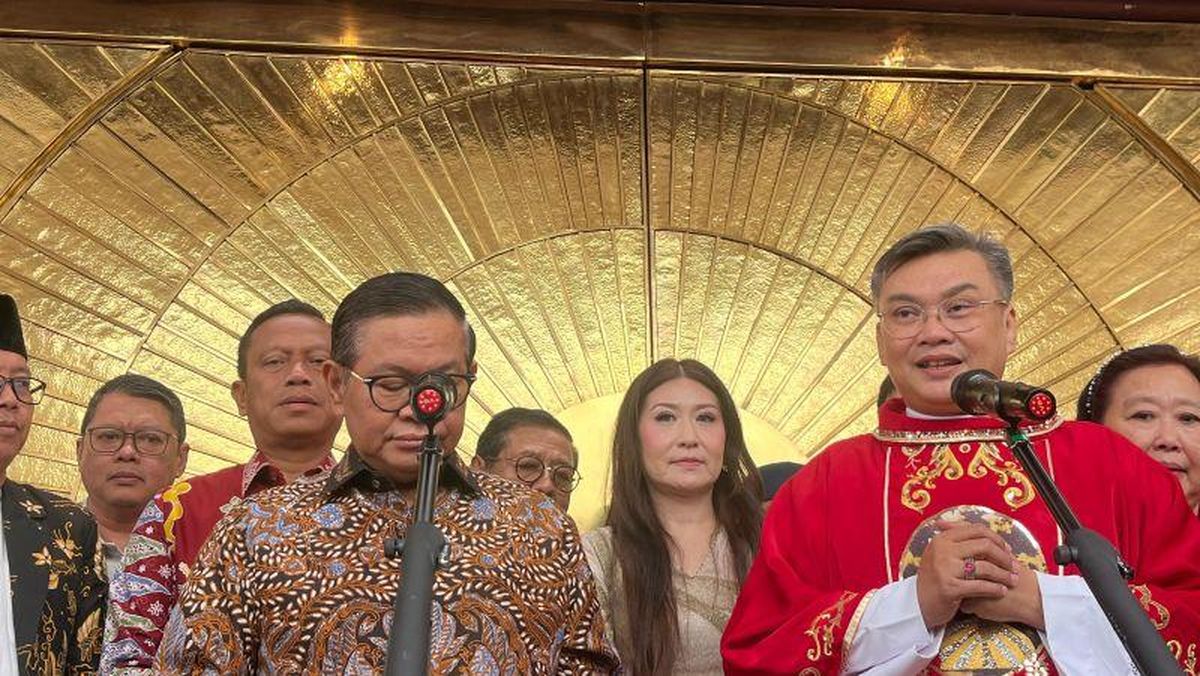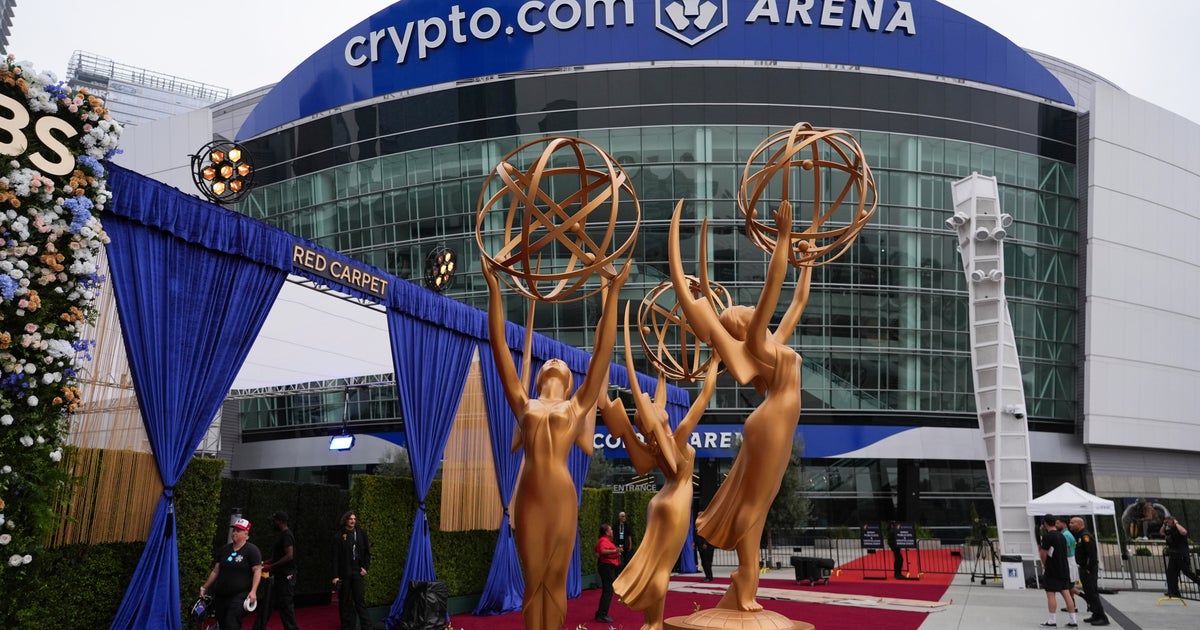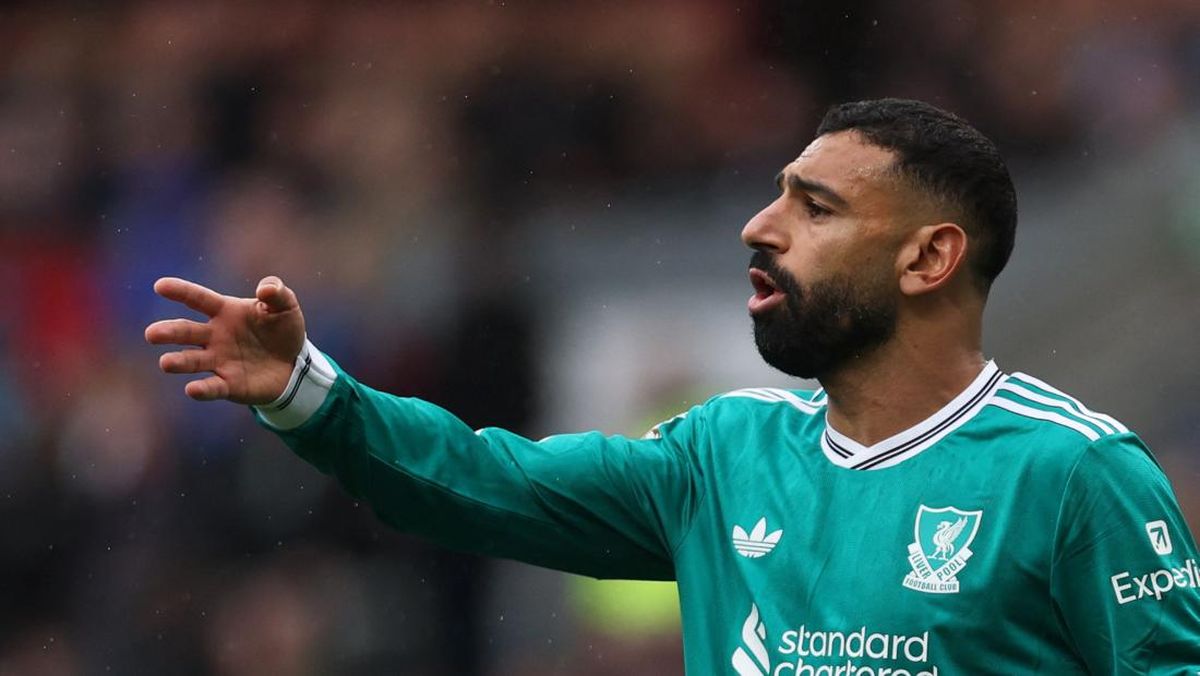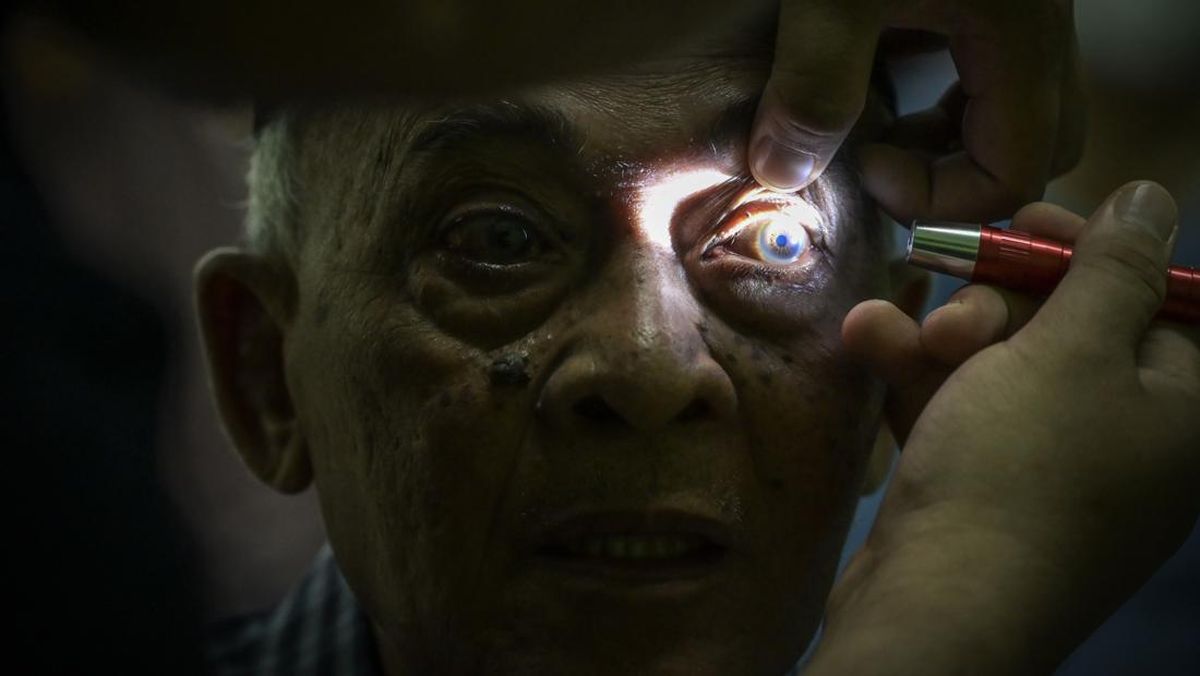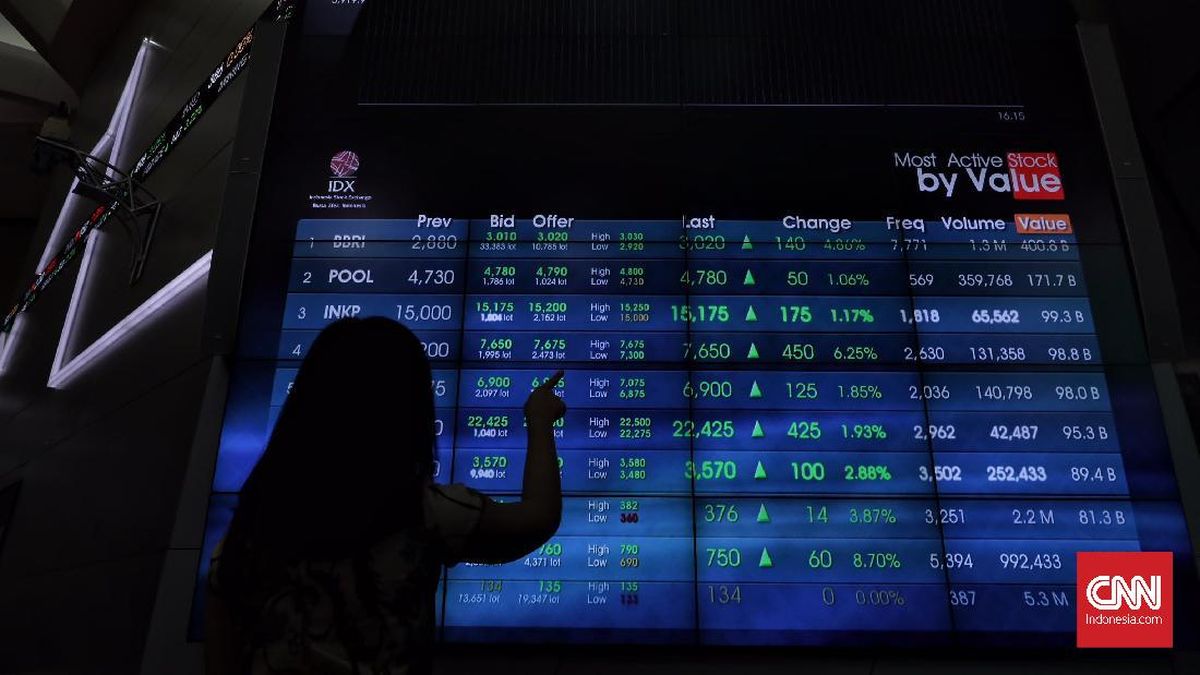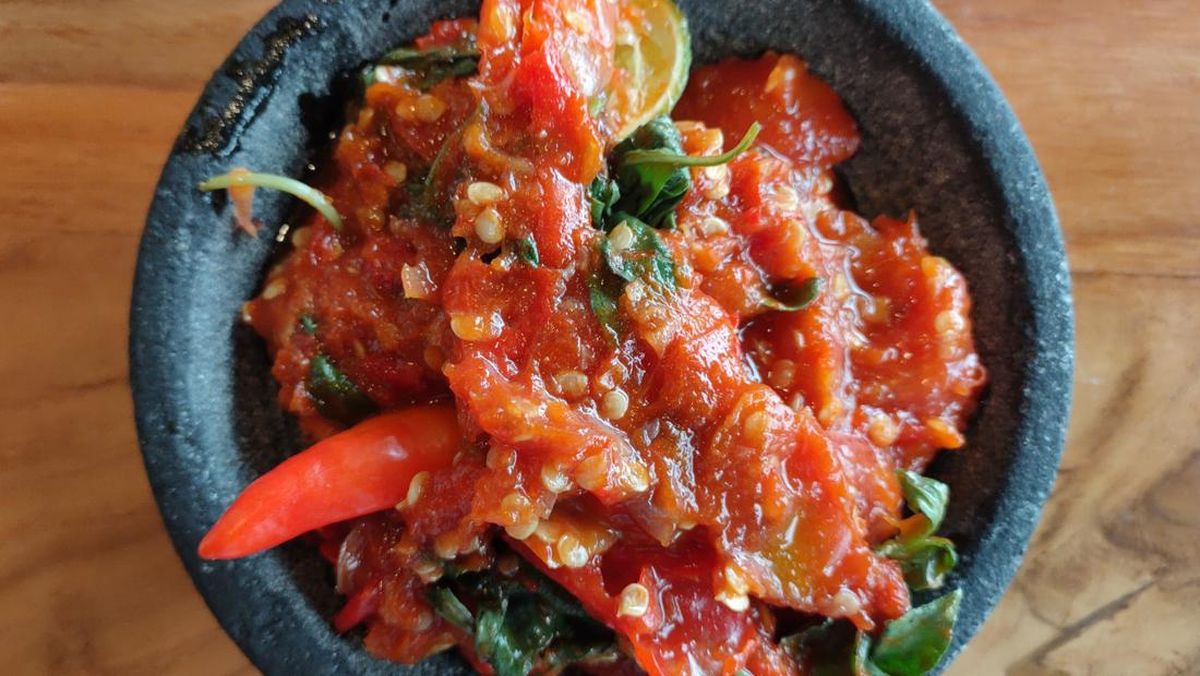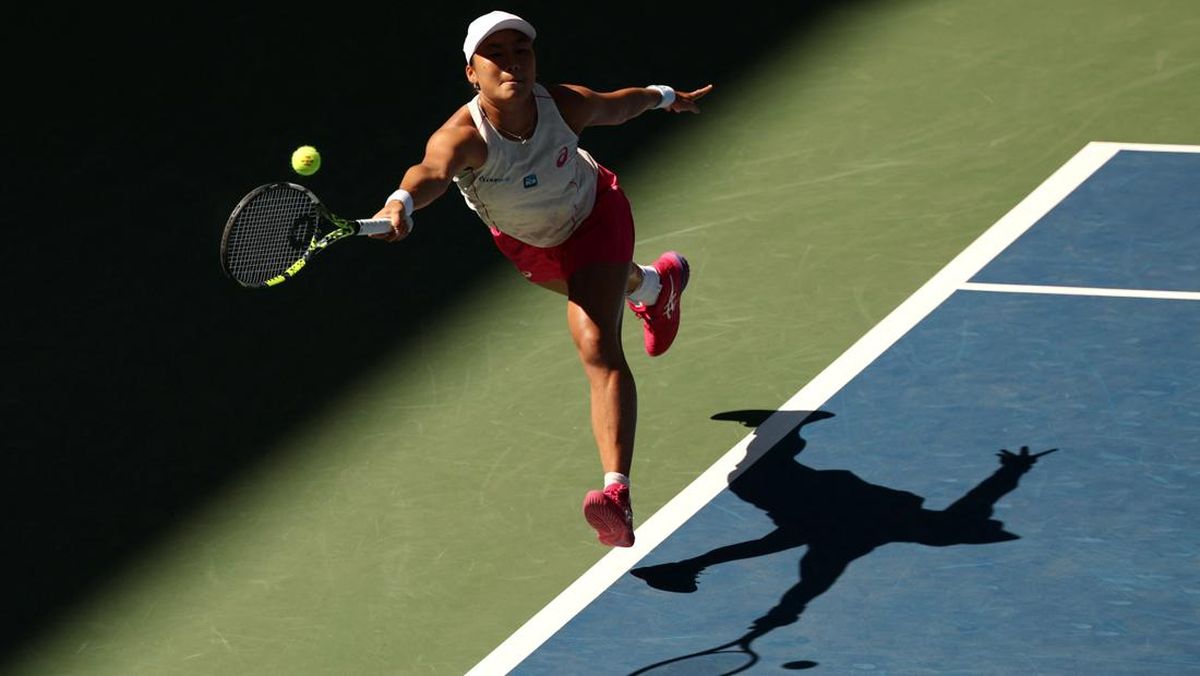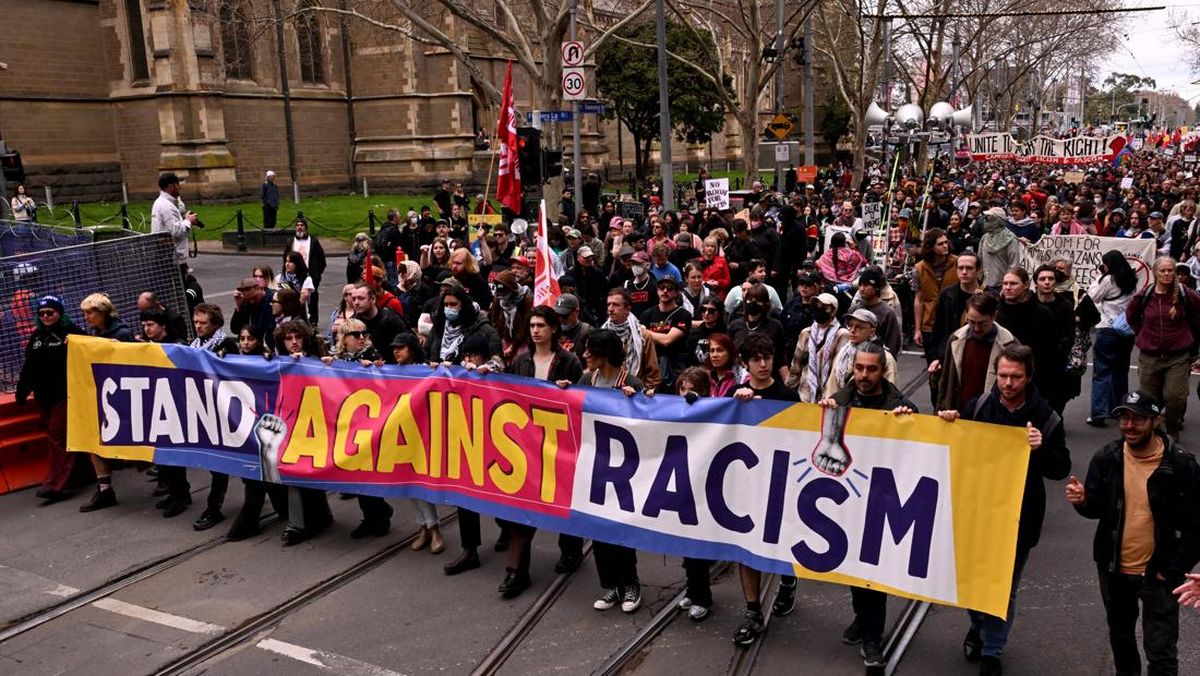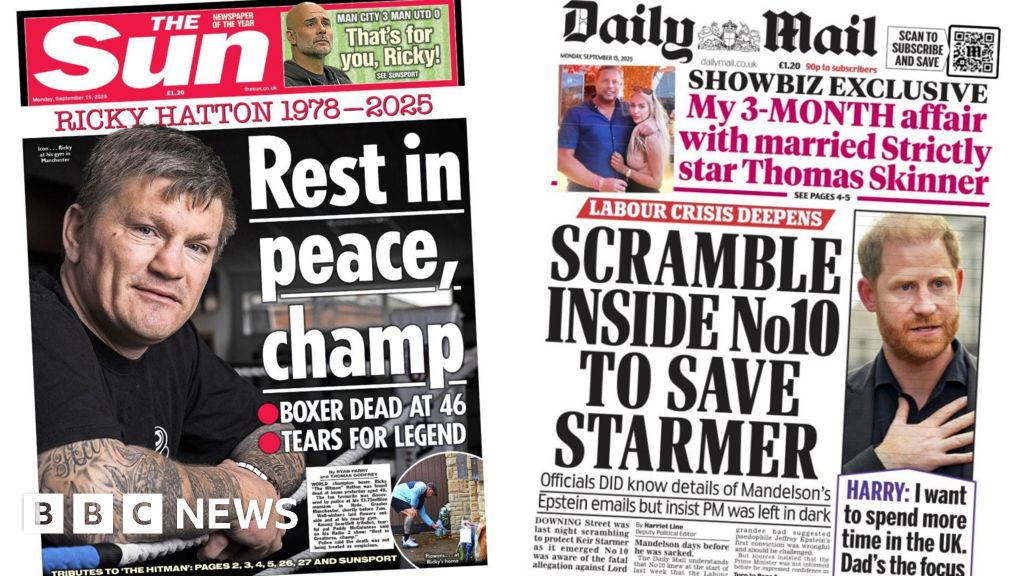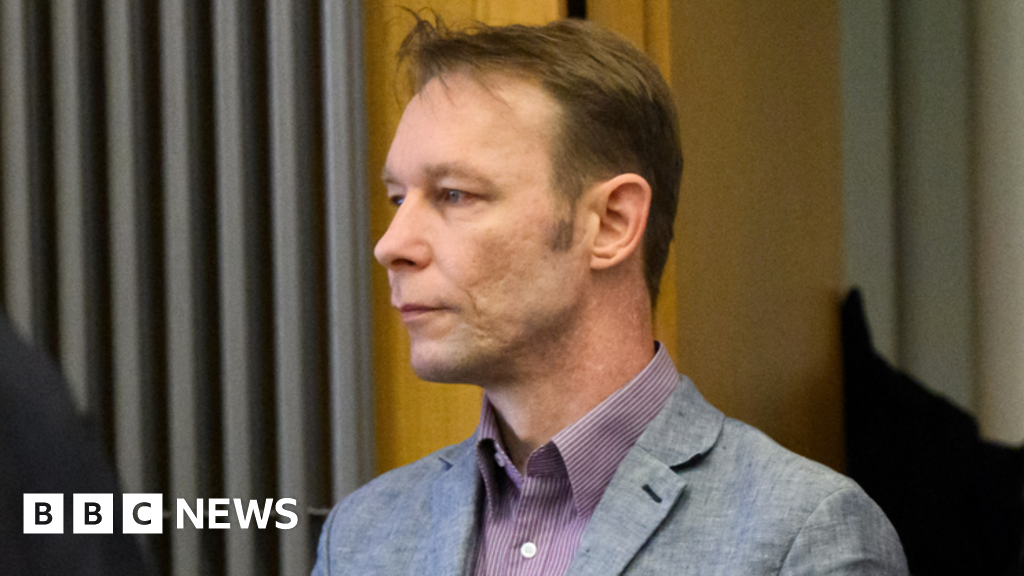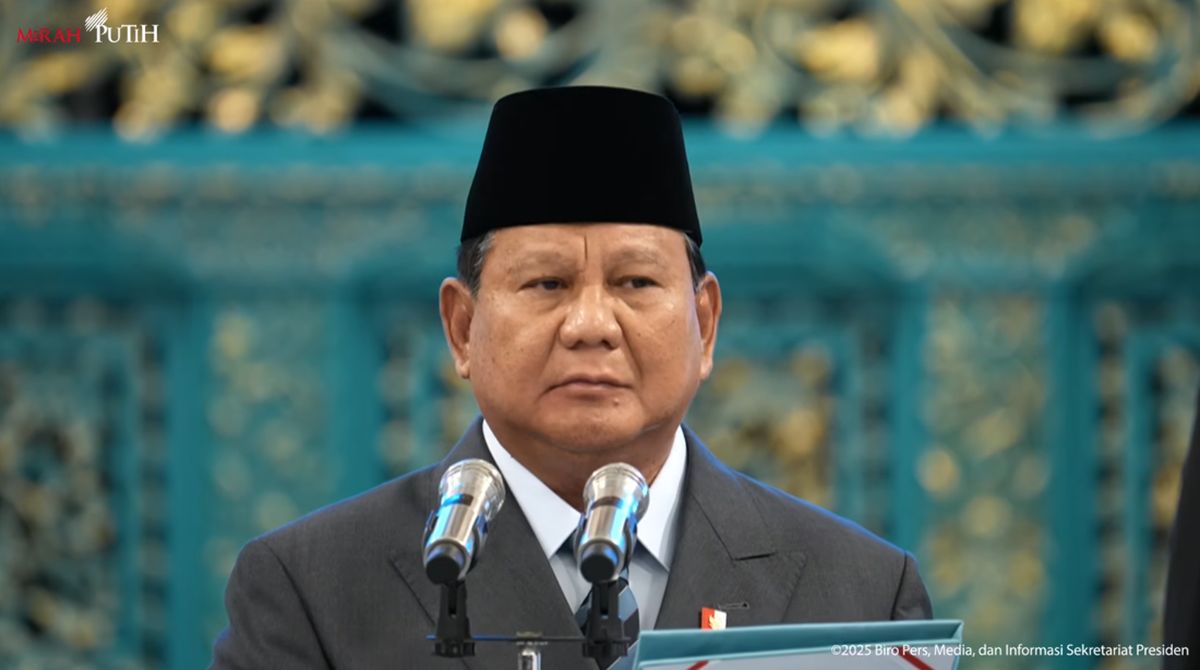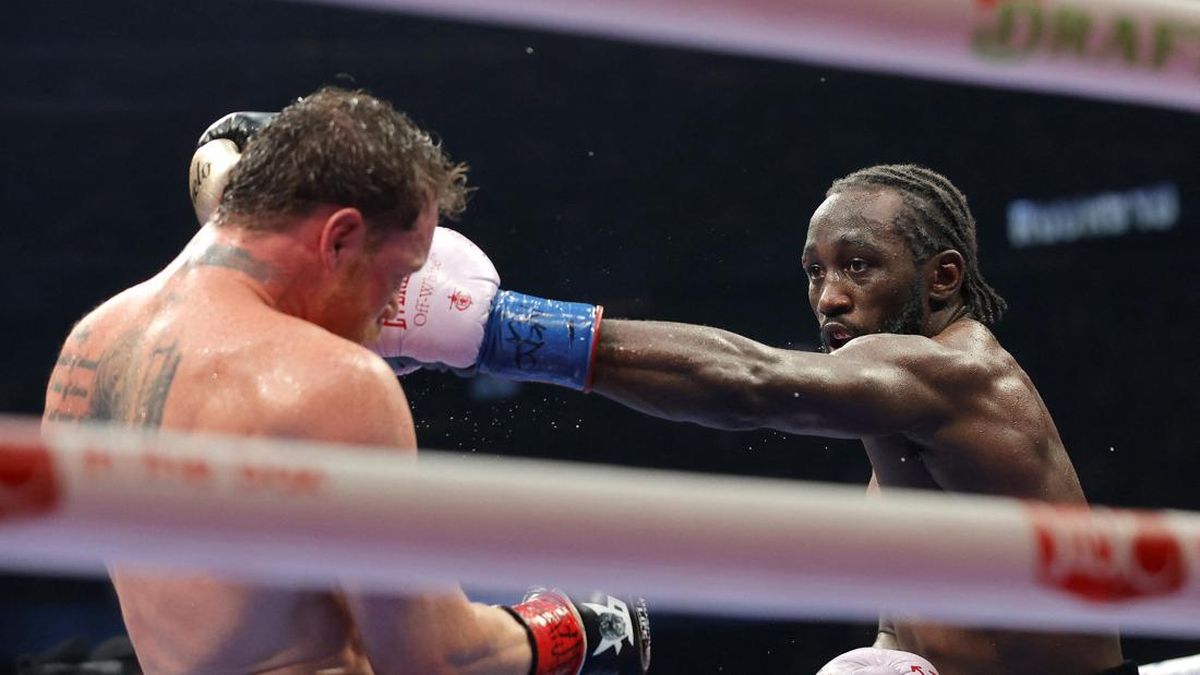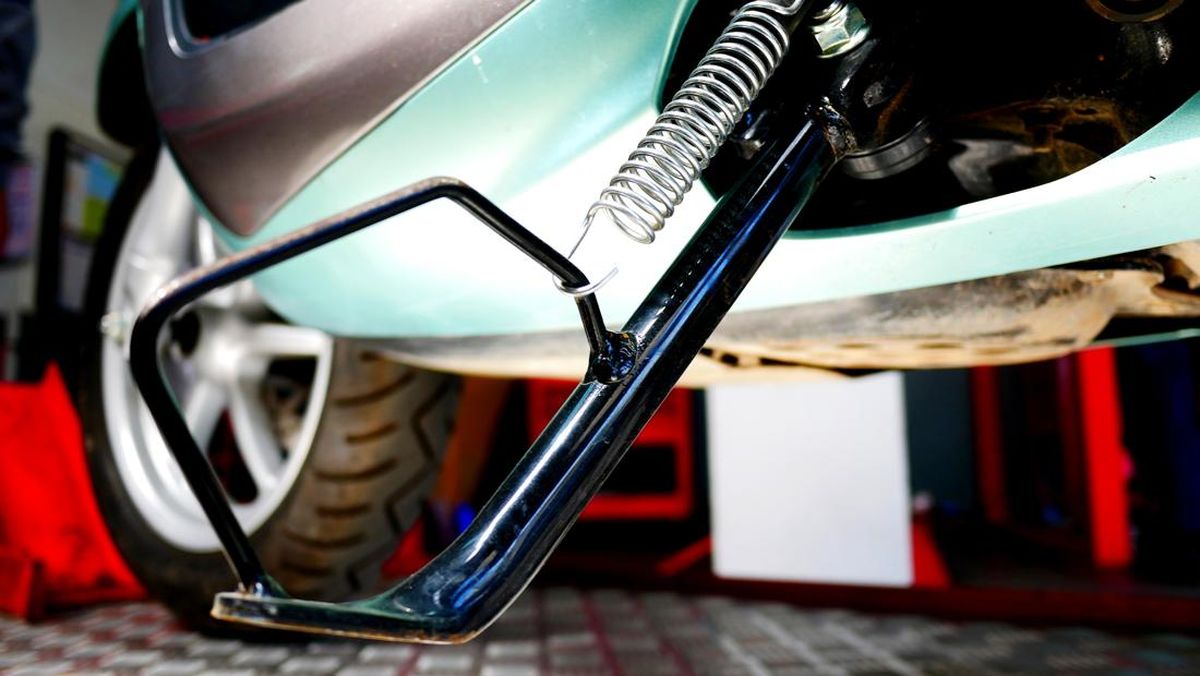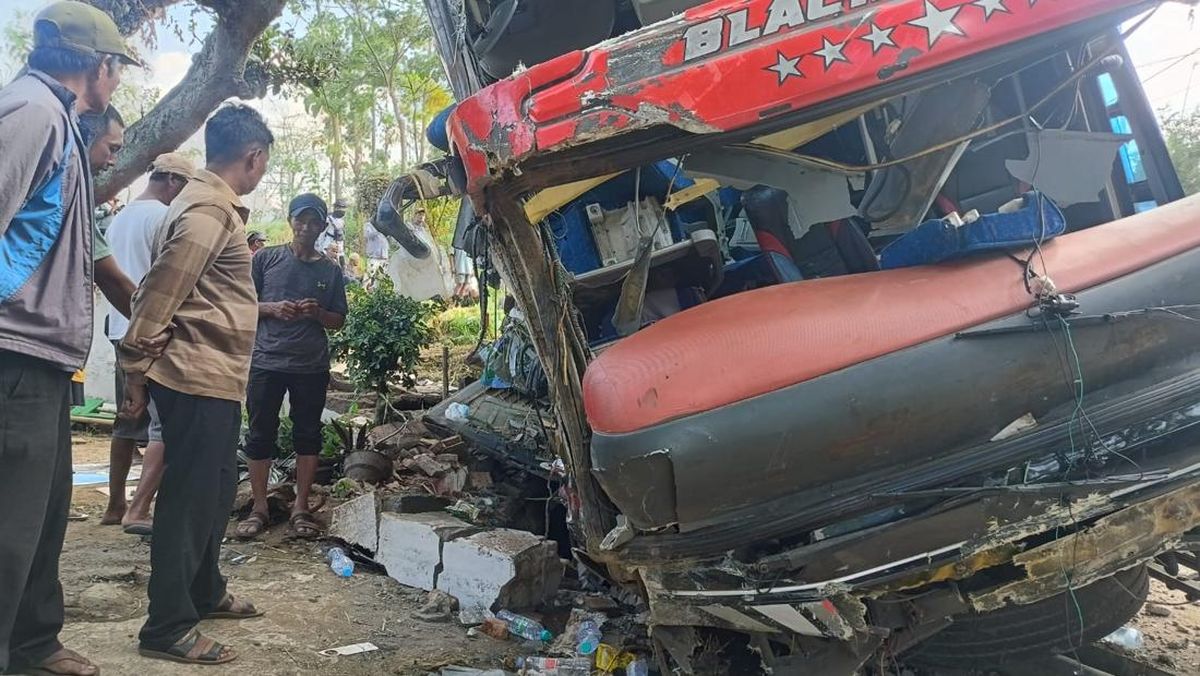Victoria’s multicultural commission will be replaced and grant recipients could lose funding if they threaten community harmony after a government review in the wake of antisemitic attacks last year.
The review found the state’s institutions and policies had failed to keep up with new social challenges spurred by overseas conflicts and rising cost of living.
To adapt to this environment a new body, Multicultural Victoria, will be set up with beefed-up powers and responsibilities led by a new coordinator general, two deputies and an advisory council to act as an independent voice into government.

Multicultural Affairs Minister Ingrid Stitt.Credit: Jason South
It will effectively combine the powers of the Victorian Multicultural Commission with the multicultural policy, grant and program controls overseen by the Department of Premier and Cabinet.
Responsibilities will include developing plans to support communities affected by distressing events and addressing new challenges to these group as they emerge.
Loading
The Multicultural Commission, initially called the Ethnic Affairs Commission, was set up in 1983 and over time its role has been clarified and expanded, acting as a conduit between multicultural communities and the government.
Premier Jacinta Allan commissioned a review into the commission in December 2024 amid concerns that threats to social cohesion in Victoria were growing, including a rise in antisemitic and Islamophobic attacks.
That review, led by George Lekakis, AO, found the commission’s “unwieldy structure and largely ceremonial role” was not strong or significant enough for modern needs.
It found that new challenges to harmony in Victoria had emerged through the COVID pandemic, rising cost of living and overseas conflicts, such as the war in Gaza.
These factors had eroded trust in institutions and governments, forcing more people to turn to organisations that were not equipped to keep up with these demands.
Allan’s initial response to the review, released on Thursday afternoon, pledges to rebuild this system and adapt to these changes by responding to nine key recommendations, with further work on the rest of the review to come.

Premier Jacinta Allan, with Minister for Multicultural Affairs Ingrid Stitt, has promised to elevate the needs of multicultural communities.Credit: Simon Schluter
Alongside the creation of Multicultural Victoria, the premier has pledged to lead a multicultural strategy to elevate the needs of these communities in every portfolio area.
Organisations applying for multicultural grants will also be the first to pilot a new “Social Cohesion Commitment”, which will then become a standard funding agreement across all areas of government.
Loading
This statement will ask recipients to “commit to uphold Victoria’s social cohesion” and commit to rejecting exclusion, racism and violence.
Organisations could lose this funding if the pledge is broken, but the Allan government insists the agreement is not designed be punitive and recipients could also be asked to rectify mistakes, apologise or make changes internally.
“We are one Victoria, and we’ll never be divided. Multiculturalism isn’t the problem – it is the solution,” Allan said.
“This is our vision for a united Victoria – strong anti-hate laws, strong values and a strong society, with multicultural organisations as our stable partners and multicultural people as our champions of cohesion.”
A new $5 million fund will bolster the capabilities of multicultural organisations to support communities, while an additional $925,000 will be used to boost attendance at museums such as the Holocaust Museum, Islamic Museum, Chinese Museum and new Vietnamese Museum.
“Multicultural museum visitation has sadly fallen at such a critical moment in time,” Allan said.
“We’ll help more Victorians learn the lessons of the Holocaust and hear the stories of Islam, Judaism and more.”
About 30 per cent of Victoria’s population were born overseas, according to the 2021 census, up from 28.3 per cent in 2016 and above the national figure of 27.6 per cent.
Victorians who were either born overseas or have at least one parent born overseas make up 49.1 per cent of the state’s population.
Multicultural Affairs Minister Ingrid Stitt said the new body would “strengthen leadership of the sector and reset the agenda after such a challenging five years”.
“The review is just one part of addressing social cohesion – but it’s the most important part of all because a vision for a united Victoria starts by listening to multicultural communities and empowering them to lead.”
Youth Activating Youth chief executive Ahmed Hassan, whose organisation is assists disadvantaged multicultural young Australians, said the changes were the reset the state needed.
“It will make sure multiculturalism in Victoria is at the heart of all government decision-making,” he said.
“Multicultural Victoria will be given the powers required to bring about change, and act quickly and robustly.”
Start the day with a summary of the day’s most important and interesting stories, analysis and insights. Sign up for our Morning Edition newsletter.
Most Viewed in Politics
Loading

